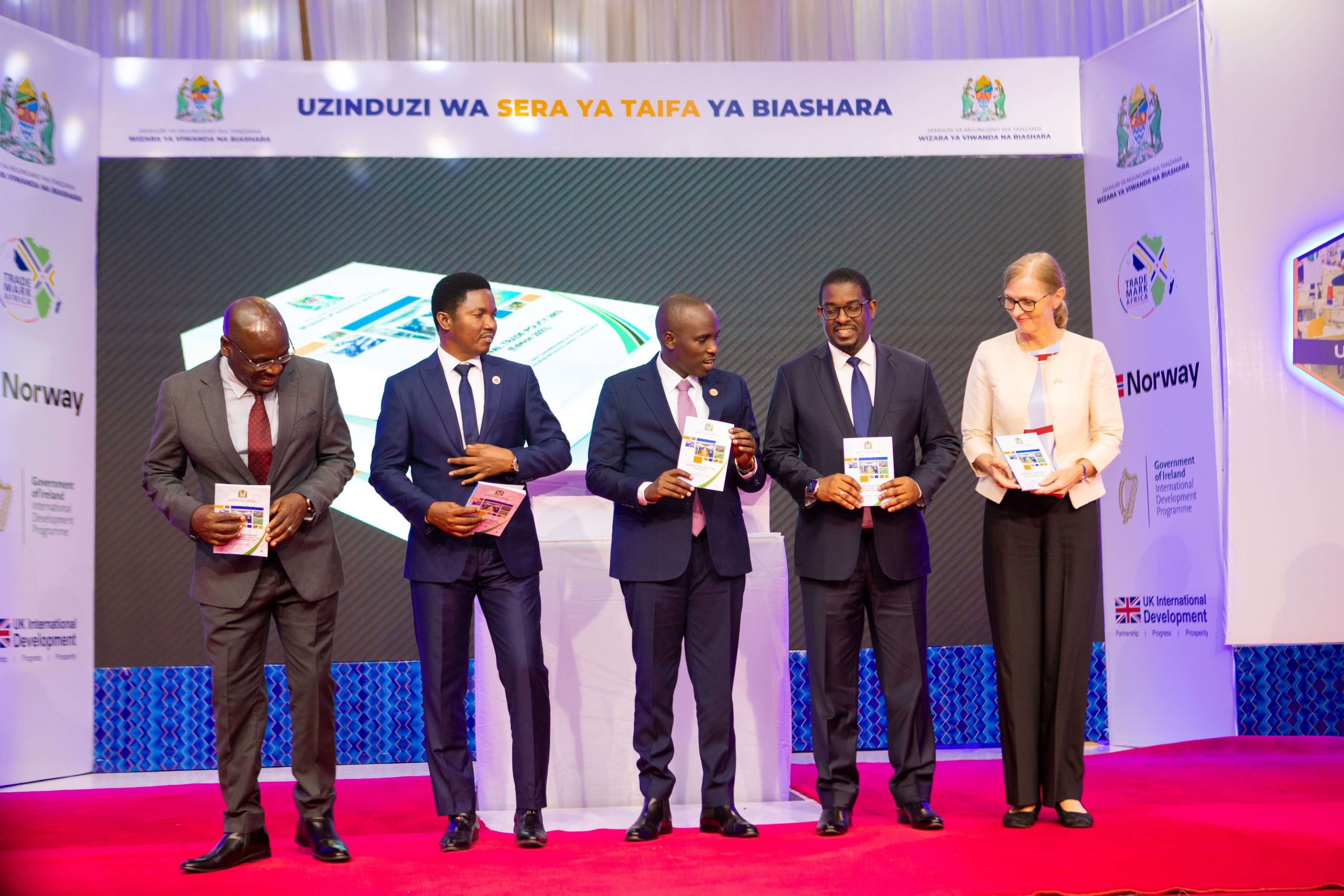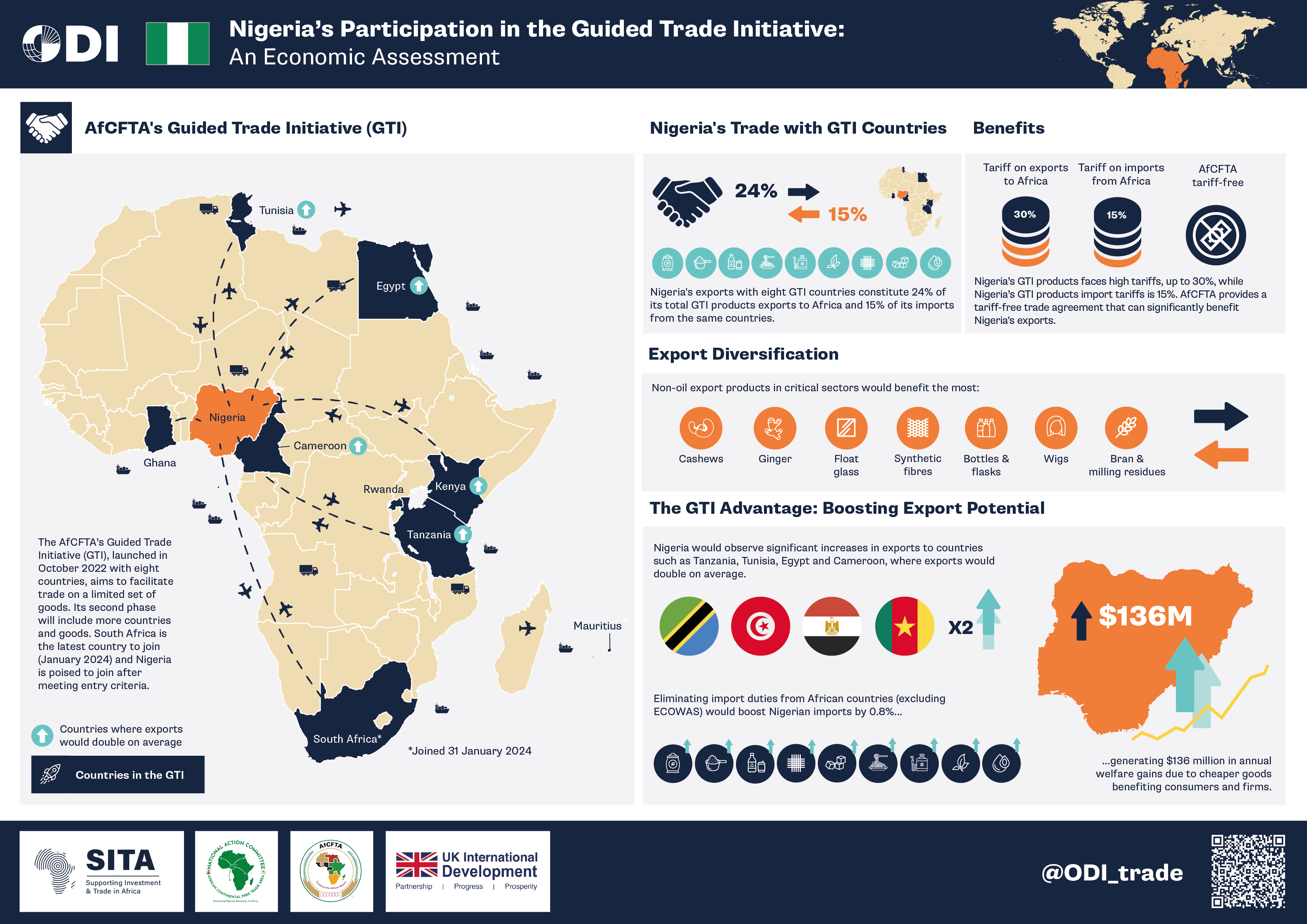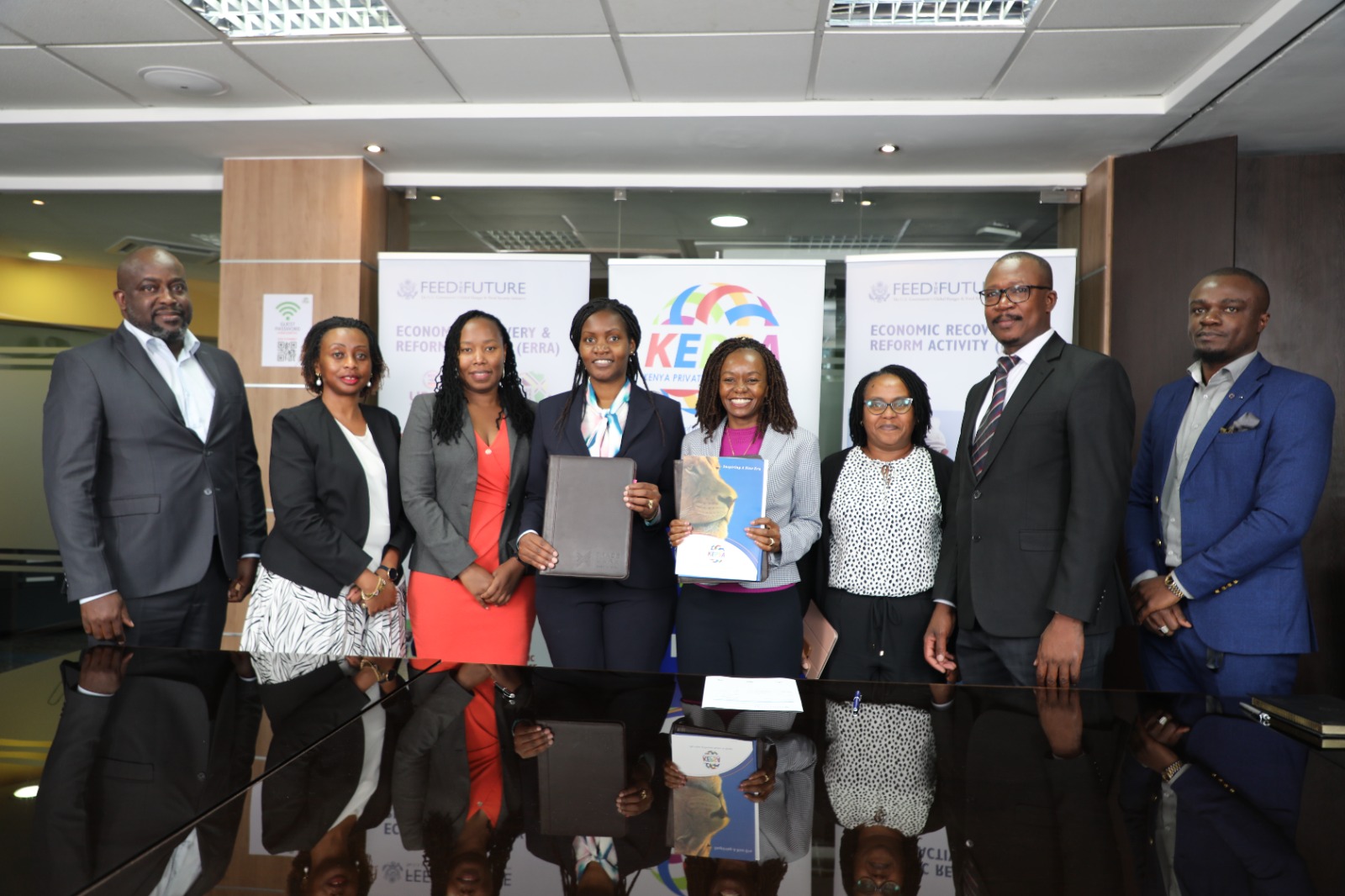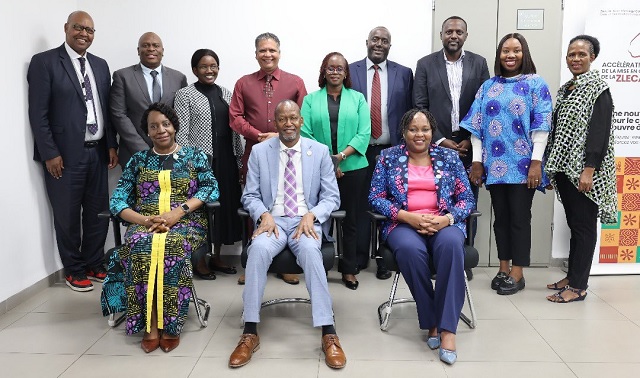Le gouvernement tanzanien et TradeMark Africa (TMA) ont annoncé la révision de la politique commerciale nationale de la Tanzanie (NTP 2023), un changement qui représente une avancée significative dans les perspectives de développement commercial du pays. Grâce au financement de UK International Development, de la Norvège et de l'Irlande, la TMA a joué un rôle déterminant dans la formulation de cette politique. Les contributions de TMA ont consisté à fournir des services de conseil, à faciliter l'engagement des parties prenantes et à organiser des ateliers de validation au niveau des zones. Le PNT 2023 aborde des domaines critiques tels que la croissance du commerce intérieur, les chocs commerciaux mondiaux et l'intégration commerciale. Cette politique globale vise à renforcer l'environnement commercial de la Tanzanie et à garantir une croissance économique durable. Lors du lancement, Elibariki Shammy, directeur national de TMA en Tanzanie, a déclaré : "Il s'agit d'une étape importante pour repenser la manière dont la Tanzanie commerce avec d'autres pays et, surtout, la manière dont le commerce fonctionne à l'intérieur du pays. Beaucoup de choses ont changé depuis 2003, date de la dernière révision de la politique commerciale. Nous avons assisté à une diversification et à une expansion accrues des marchés par le biais de négociations commerciales bilatérales, régionales et multilatérales. Nous avons assisté à une augmentation des chocs mondiaux, des conflits, des technologies émergentes telles que l'intelligence artificielle, et à la nécessité croissante d'adopter le commerce électronique". M. Shammy a également indiqué que le changement climatique est de plus...
Le gouvernement tanzanien et TradeMark Africa lancent une politique commerciale nationale pour stimuler la concurrence mondiale
Posted on: August 2, 2024
Posted on: August 2, 2024
























